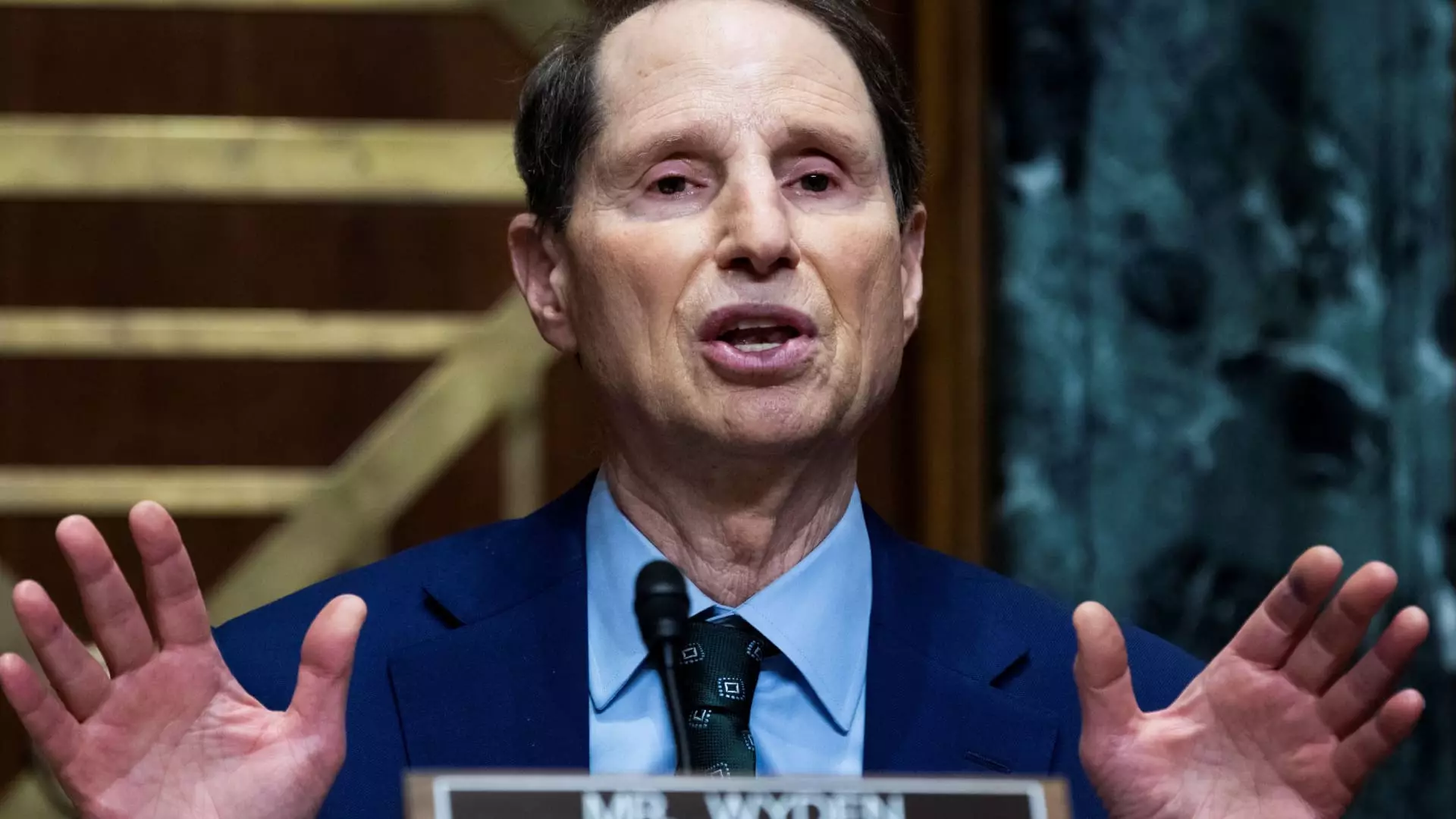As we approach the end of 2025, the countdown to the expiration of significant tax provisions under the Tax Cuts and Jobs Act (TCJA) looms large on the horizon. Enacted during former President Donald Trump’s administration in 2017, this legislation fundamentally altered the tax framework in the United States, offering numerous tax cuts and alterations designed to stimulate economic growth. However, many of the provisions that provided essential relief to millions of families and small businesses are set to vanish unless Congress intervenes.
Among the most notable aspects of the TCJA is the reduction of the corporate tax rate to a permanent 21%, which has benefited many large corporations. However, the law’s most affecting clauses revolve around temporary measures such as reduced federal income tax brackets, larger standard deductions, increased child tax credits, and a temporary 20% deduction for pass-through businesses. According to various analyses, the expiration of these provisions could drastically impact over 60% of tax filers, leading to an increase in taxes, thereby raising the stakes of the impending policy debates among lawmakers.
Amidst these considerations, Senate Finance Committee Chairman Ron Wyden (D-Ore.) has raised critical concerns about the projections for the middle class and the federal budget. Wyden’s statements illustrate the gravity of the situation—underscoring that the outcomes of these discussions could ultimately define the economic future for many American families. The discussions are not merely academic; they touch on fundamental issues of equity, economic stability, and long-term growth.
Small businesses, which have faced exponential challenges over the past few years due to the COVID-19 pandemic and ongoing inflationary pressures, are particularly concerned about the future of the Qualified Business Income (QBI) deduction. The 20% deduction has proved essential for many pass-through entities, including sole proprietorships, partnerships, and S-corporations. Jeff Brabant from the National Federation of Independent Business has articulated the urgency behind preserving this deduction, emphasizing that the financial viability of many small businesses relies on such tax breaks.
In addition to the concerns of small businesses, the state of the child tax credit is critical to discussions around family welfare and economic support. The inflation of this credit from $2,000 to a maximum of $3,600 per child under the American Rescue Plan showed promising results, significantly reducing child poverty rates. However, the return to previous levels poses a dire threat to those gains. As Indivar Dutta-Gupta noted, the child tax credit represents a crucial mechanism for augmenting after-tax income for working families, making its potential rollback a point of urgent contention.
The ramifications of any alterations to these tax provisions not only ripple across financial statements but also impact everyday Americans. The alarming statistics from the U.S. Census Bureau illustrate a rising trend in child poverty, prompting a reevaluation of budgetary priorities as lawmakers weigh tax reforms against the expansive backdrop of the federal deficit.
The political landscape surrounding the potential extension of the TCJA provisions remains highly uncertain, exacerbated by concerns regarding the federal budget deficit. With the national debt soaring beyond $35 trillion, government spending continues to raise alarms. Experts like Kent Smetters from the University of Pennsylvania have likened the situation to “arguing over furniture while the house is burning down,” suggesting that immediate action is needed to address the broader implications of fiscal policy.
As lawmakers venture deeper into complex negotiations regarding tax priorities, the urgency for resolution grows more critical. The debates will inevitably touch on issues of equity and economic sustainability, calling for a careful balancing act between necessary revenue collection and the essential support that families and small businesses depend on for survival.
As 2025 approaches, the stakes regarding the continuation or expiration of the TCJA tax provisions have become a linchpin for American economic policy. The insights and struggles voiced by stakeholders underscore the complexity and implications of these critical decisions, serving as a prelude to what could be a transformative moment in U.S. tax policy.

